Allies of Kenyan President William Ruto have introduced a motion in parliament to impeach Deputy President Rigathi Gachagua, accusing him of inciting ethnic divisions and undermining the government’s authority. The impeachment drive, which emerged in the past few days, reveals a growing rift between Ruto and Gachagua, two political figures who had previously worked closely to secure victory in Kenya’s 2022 general election.
The accusations against Gachagua include claims that he has been stirring ethnic hatred and that his public statements have contradicted the president’s policies. Gachagua, however, has denied these allegations and insists that he has been sidelined in Ruto’s administration. He also refuted claims from Ruto’s allies that he played a role in organizing violent anti-government protests earlier this year, in which more than 50 people were killed during demonstrations against proposed tax hikes.
Despite the seriousness of the allegations, President Ruto has yet to publicly address the impeachment motion. His spokesperson has not commented, and Gachagua’s office has not responded to inquiries about the matter. The situation marks a significant moment in Kenyan politics, as the relationship between the president and his deputy appears to be deteriorating rapidly.
Gachagua hails from the Mount Kenya region, one of the most populous areas in the country, and played a critical role in mobilizing voters for Ruto during the 2022 elections. His influence within Ruto’s government, however, seems to have waned following Ruto’s decision to bring members of the main opposition coalition into the government after the deadly protests in June and July. This move was seen as a way to ease tensions with opposition leaders, but it has left Gachagua feeling marginalized.
The impeachment motion was introduced by Mwengi Mutuse, a member of parliament from Ruto’s coalition. According to reports, around 83% of lawmakers in the National Assembly have signed the motion—far exceeding the one-third required to bring the matter to a vote. If the motion is passed by two-thirds of the lower house, the process will move to the Senate, where a special committee may be formed to investigate the charges. Gachagua, or a representative, will have the opportunity to respond to the allegations before the Senate votes. If at least two-thirds of the Senate vote to uphold the charges, Gachagua could be dismissed from office.
“This special motion presents an unprecedented constitutional moment in our democracy,” said Moses Wetang’ula, the speaker of Kenya’s National Assembly. He announced that the lower chamber would hold a public participation process on the impeachment proceedings, scheduled for Friday, and that Gachagua would be invited to parliament to respond to the charges on October 8.
The motion not only accuses Gachagua of fueling ethnic animosity but also of undermining the government by making statements that contradicted Ruto’s policies. His comments comparing the government to a company and suggesting that those who supported Ruto’s coalition during the elections had first claim on jobs and development projects have provoked widespread outrage. Labour Minister Alfred Mutua took to social media to condemn Gachagua’s remarks, saying, “The curse of Africa has always been tribalism and corruption. This motion… is not about politics but about saving Kenya’s soul.”
However, some analysts view the impeachment motion as a diversionary tactic. Macharia Munene, a professor at the United States International University in Nairobi, suggested that the government might be using the crisis to distract from its own challenges. “The best way to divert attention from these crises is to create a crisis in the name of having to fix the deputy president,” Munene said.
As the impeachment process unfolds, Kenya faces a critical test of its democracy and governance. The outcome of this political struggle could reshape the country’s leadership dynamics and deepen divisions within the ruling coalition, potentially impacting Ruto’s ability to govern effectively as he navigates the complex landscape of Kenyan politics.


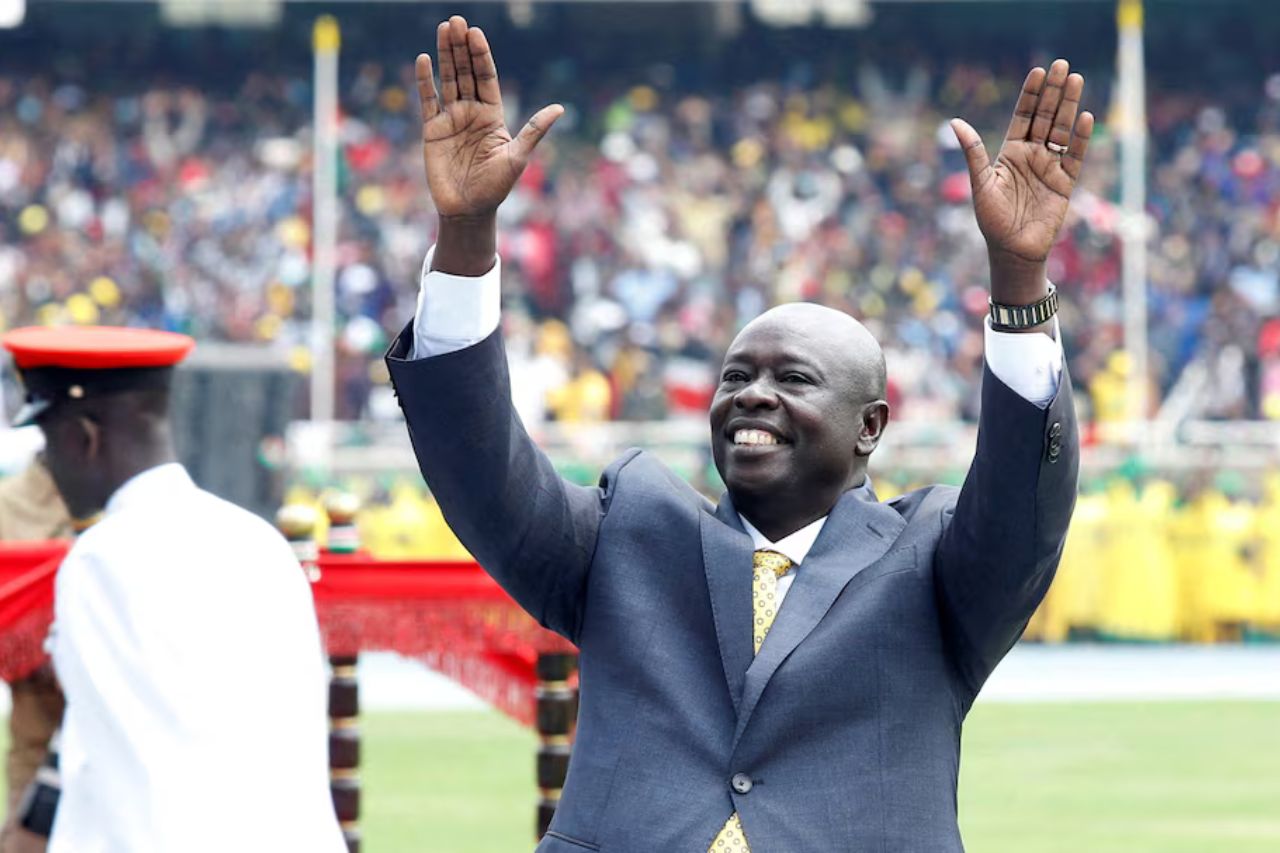
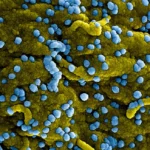
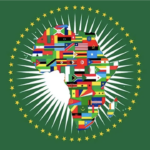

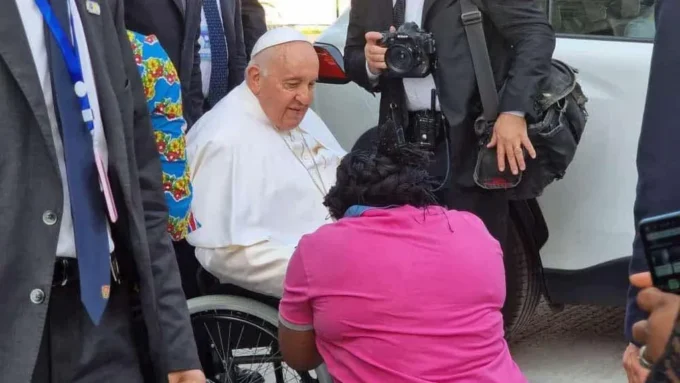



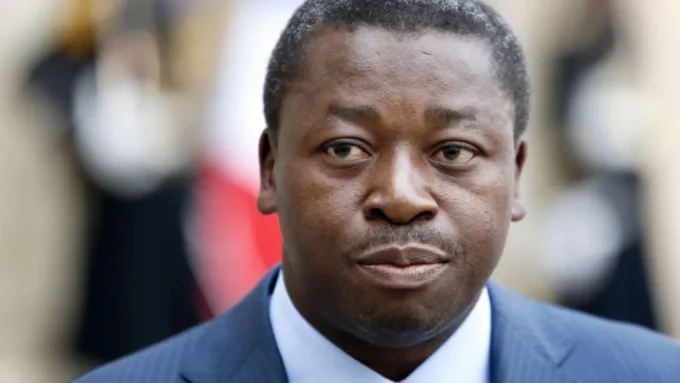



Leave a comment